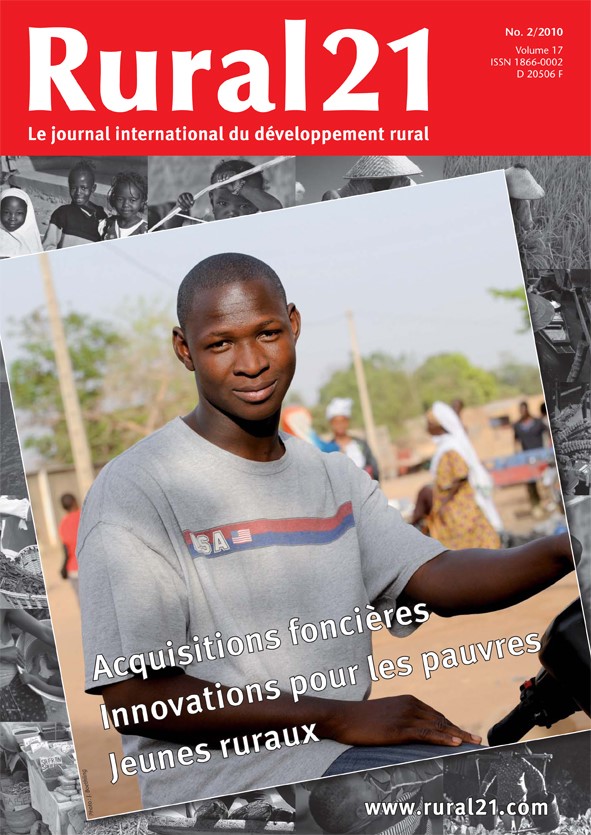Límites a la propiedad de la tierra: Antecedentes legales
El tema de los límites a la propiedad, o más precisamente del establecimiento a través de la ley de límites máximos a la propiedad de la tierra agrícola ha retomado actualidad en los últimos meses en el Perú. A la fecha se han presentado hasta tres propuestas legislativas al respecto, no obstante es necesario revisar algunos antecedentes antes de pasar a las propuestas mismas.









